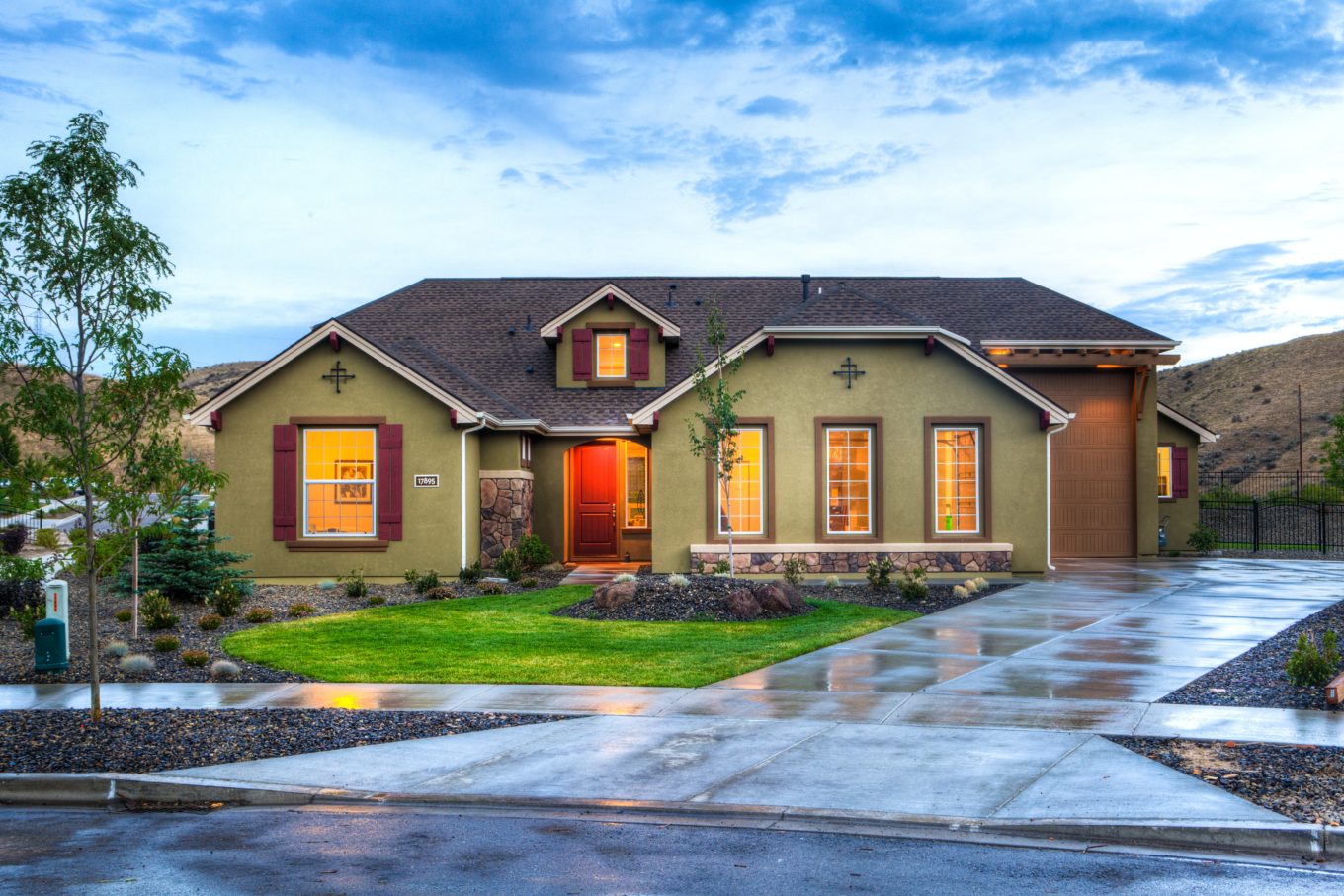Deciding to buy a home is a challenging decision, especially for someone who is buying it for the first time. Home buying requires a lot of detailed research and so many steps and tasks to be completed before you can meet the requirement of owning an actual home. Otherwise, you could make a huge mistake that would cost you a lot. However, most sellers give first-time buyers fee advantages so that more new entrants are encouraged to enter the real estate market and buy homes. Buying a home is a big, scary decision for most people and if not properly made, you can fall down the path which leads to buyer’s remorse later on. Let’s look at mistakes people make while buying a home and how to avoid them.
Mistakes and tips
- Not applying for mortgage: Most first time home buyers start looking for a home before even applying for a mortgage. In most competitive markets, having no mortgage can make you lose out on a property. Once you’ve applied for a mortgage and have been approved, you give the impression that you are a serious buyer.
- Not talking to multiple lenders: The more you look around, the more options you can find. You can find a good deal and contrast and compare, and end up settling for a deal with the lowest possible rates, lender fees, and good loan terms.
- Spending more than you can afford: If you end up selecting a home that is outside your budget, you may end up losing it when financial problems arise. Instead, you should focus on getting a home that fits your monthly budget and one which you can afford without worrying about whether you can pay off the whole amount. If monthly payments can be easily made without sacrificing other obligations, you’re good to go.
- Not being careful with your credit: Some buyers end up spending all their savings on the down payment. This is risky and should be avoided. Just because you want to save up on mortgage insurance doesn’t mean you deprive yourself off of funds that were saved for emergencies or for when you retire.
- Hidden costs behind buying a home: There are attached costs with new homeownership, for example, property taxes, mortgage insurance, homeowners insurance, repairs, maintenance, and cost of utilities. You should ask your agent or lender to help you figure out these costs and then you should set aside 1% to 3% of your budget for these costs.
- Negotiating: You should negotiate with the seller and not settle until you are able to save off some money and make your seller pay for some repairs and closing costs.
- Open houses: Most people skip open houses but open houses are a great way to observe the homes and inspect them fully so any detail that was missed out in the photos is visible to them. You should ask questions and look around for any alarming conditions that could exist in a home.





